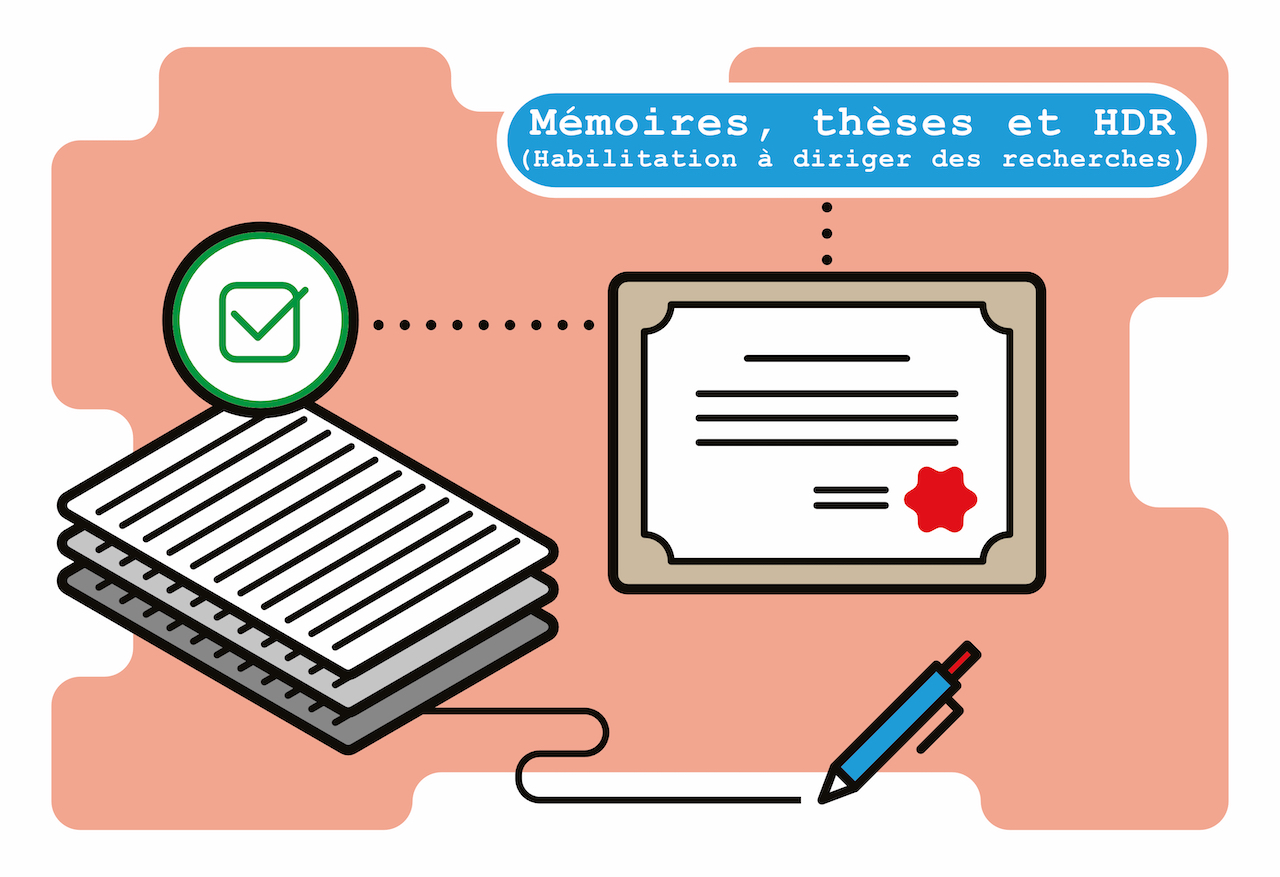Contester la fatalité du handicap : mobilisations de personnes handicapées et institution d’une catégorie d’action publique (XXe siècle – France) Contesting disability as a handicap : disabled people’s social movements and the institutionalization of a pub-lic action category (20th century – France)
Fiche du document
26 mai 2021
- ISIDORE Id: 10670/1.c59687...
Restricted Access , http://purl.org/eprint/accessRights/RestrictedAccess
Mots-clés
Catégorie Champ Éducation Épidémie Handicap Mouvements sociaux Politiques publiques Socio-histoire Category Field Education Epidemic Disability Social movements Public policies Socio-historySujets proches
Physical handicaps Handicaps Disabling conditions Impairment Physical disabilities Disability Déficiences Handicaps Inadaptation Infirmité Déficience Invalidité Incapacité physique Incapacités physiques infirmité enfermedad crónicaCiter ce document
Jérôme Bas, « Contester la fatalité du handicap : mobilisations de personnes handicapées et institution d’une catégorie d’action publique (XXe siècle – France) », Theses.fr, ID : 10670/1.c59687...
Métriques
Partage / Export
Résumé
Cette thèse porte sur le processus d’unification de la catégorie de handicap en France au XXe siècle. Unification au sens de l’agrégation de groupes sociaux rassemblés sous ce terme, mais aussi du développement d’institutions de plus en plus spécialisées dans leur prise en charge, de pratiques qui les ciblent, de représentations et de connaissances sur ces per-sonnes, ou encore de mobilisations pour porter leur parole dans l’espace public. À partir d'archives, de nombreux journaux et imprimés, de documents audiovisuels et de plusieurs entretiens biographiques avec des acteurs de cette histoire, elle met en relation la multipli-cité des agents engagés dans la représentation des personnes handicapées, resitue leurs prises de position au sein d’un champ de luttes et identifie les principaux enjeux de ce champ : définir la catégorie des « personnes handicapées » et prescrire ce qu’il faut faire, ou ne pas faire, pour leur bien. La thèse met au jour le rôle structurant des mobilisations d’étudiants handicapés dans la dynamique de ce champ, car ils ont été les mieux placés à différentes étapes de son histoire pour en subvertir l’ordre dominant. Elle met également en évidence le rôle crucial de certaines épidémies (tuberculose et poliomyélite) dans l’autonomisation de ce champ et celui des sciences sociales comme ressource pour distin-guer le handicap de la maladie dans ce processus. Enfin, cette thèse n’isole pas le champ du handicap des transformations du champ de la protection sociale, du champ médical et du champ politique. Elle propose donc une sociologie historique et politique d’un groupe so-cial de mieux en mieux connu des sciences sociales, mais rarement approché d’une manière relationnelle comme un champ et de manière processuelle comme un enjeu de luttes.
